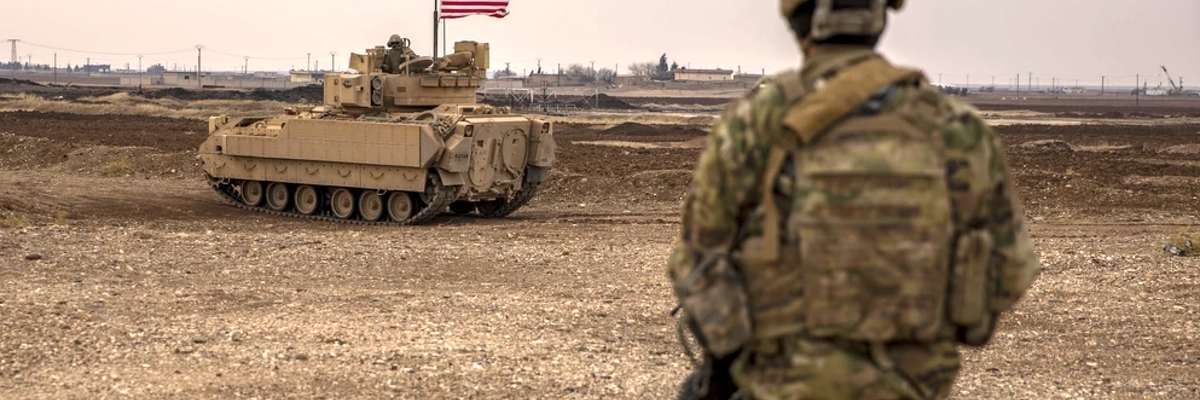In a Senate Foreign Relations Committee meeting recently, we debated repealing the 2002 Authorization for the Iraq War. The Iraq War ended long ago. You’d think it would be unanimously agreed to end a war that’s already over.
But, if we stop with just repealing the Iraq War authorization, I fear nothing will change.
We need to take the additional step of also repealing the Authorization for the war in Afghanistan. The 2001 authorization to bring the 9/11 terrorists to justice was warranted, but like the Iraq War, the Afghan War has long ago ended — yet its authorization remains on the books.
Deciding when and where to go to war is Congress’s job. The president has authority to execute the war, but not to initiate it. James Madison wrote that the executive branch was the most prone to go to war and, therefore, the Constitution vested that power in the legislature.
There is wisdom in Madison’s words. Presidents of both parties abused the 9/11 authorization to take us to war in Iraq, Syria, Yemen, Somalia, Libya, and Niger, among others.
Repealing the Iraq War authorization is a step in the right direction. But realize that the Biden administration will not oppose its repeal because the United States does not independently rely on it for ongoing military activities. In other words, they don’t need it. Repeal the 2002 Iraq War authorization only, and nothing changes. The decision of where and when to go to war will still be dependent solely upon the whims of the executive.
All recent presidents erroneously claim limitless war powers under Article II of the Constitution and use the 9/11 2001 authorization to justify wars in at least 19 countries.
But the 9/11 AUMF authorizes force only against those who “planned, authorized, committed or aided the terrorist attacks that occurred on September 11, 2001, or harbored such organizations or persons.”
It authorizes force against those entities narrowly defined by their relationship to the 9/11 attacks. Authorization was not given for a global war on terror or against radical Islamists.
Over the years, the definition of what groups are covered by this AUMF grew. Over time, the 9/11 2001 AUMF was said, without congressional authorization, to cover “associated forces,” meaning the president could claim the authority to go to war against any group no matter how tenuous the relationship to its involvement in 9/11.
No one in Congress in 2001 believed they were voting for a decades’ long war fought in at least 19 countries.
Our job is not just to put a congressional imprimatur on war. The important job of Congress is to determine where and when we send our sons and daughters to fight.
Recently, I asked my fellow committee members: would anyone here vote to authorize the status quo? Would you vote to authorize military operations nearly two dozen countries? Don’t you think Congress should have a debate over the question where and when we go to war?
Some argue repealing the 2001 9/11 AUMF would put us at risk.
Then let’s have that debate. The amendment I offered makes no mention of whether we should continue these operations. My amendment sunsets the 2001 9/11 AUMF after six months. We can use that time to debate exactly where and how to authorize force.
War is sometimes necessary, but going to war should not be the decision of one person. Ending congressional authorization for the Iraq War and the Afghanistan War returns the war power to the American people and their representatives.
















